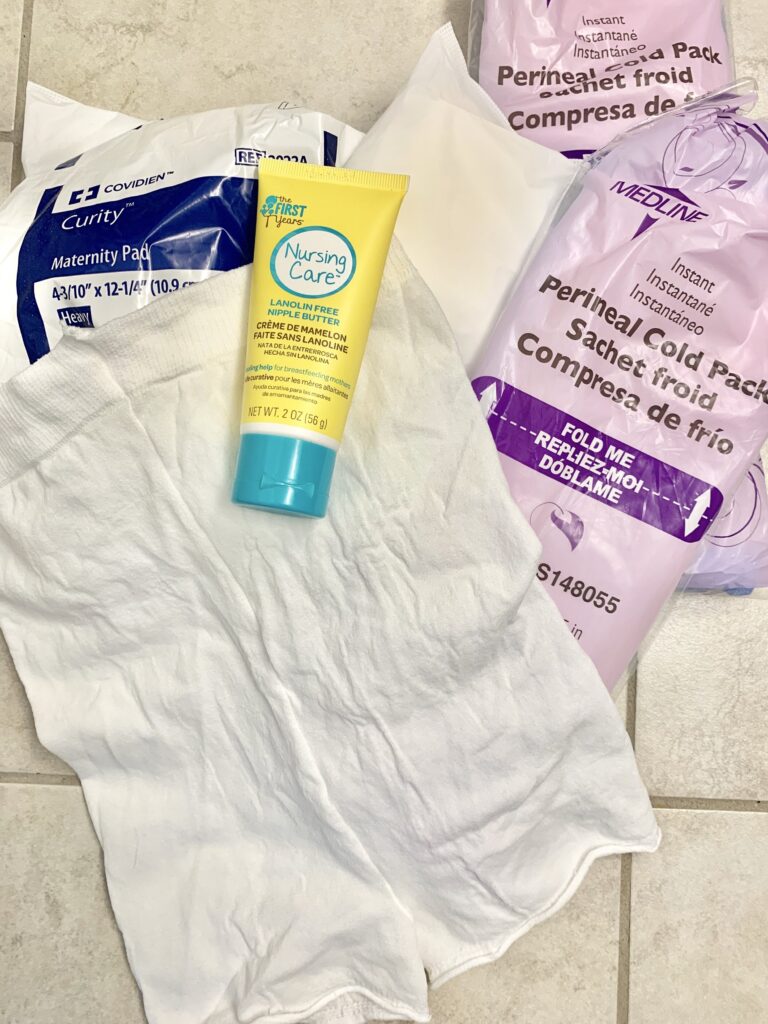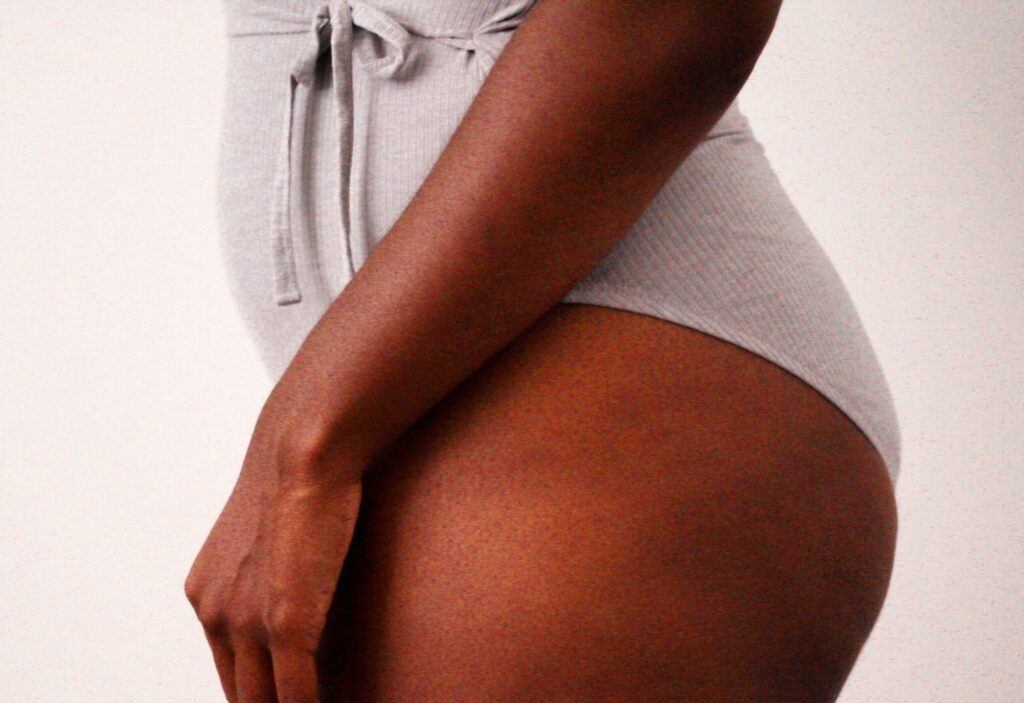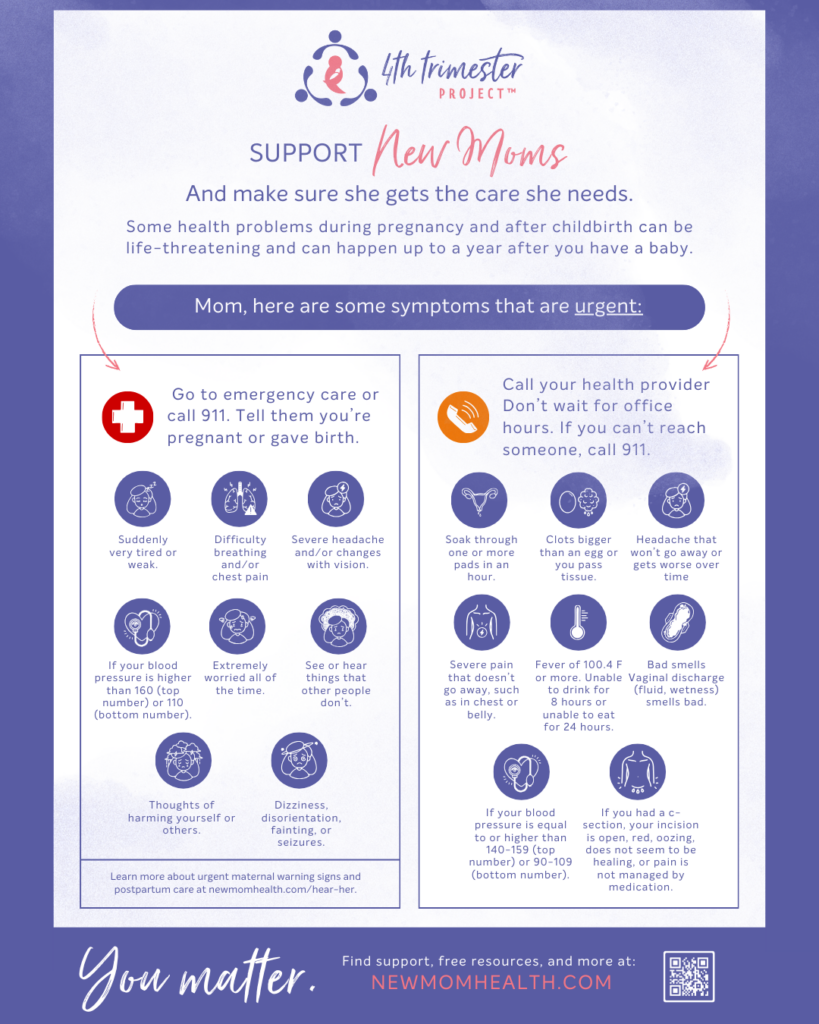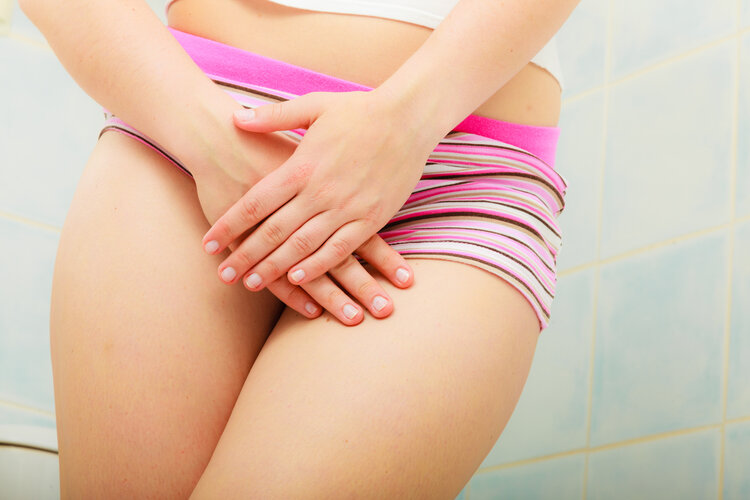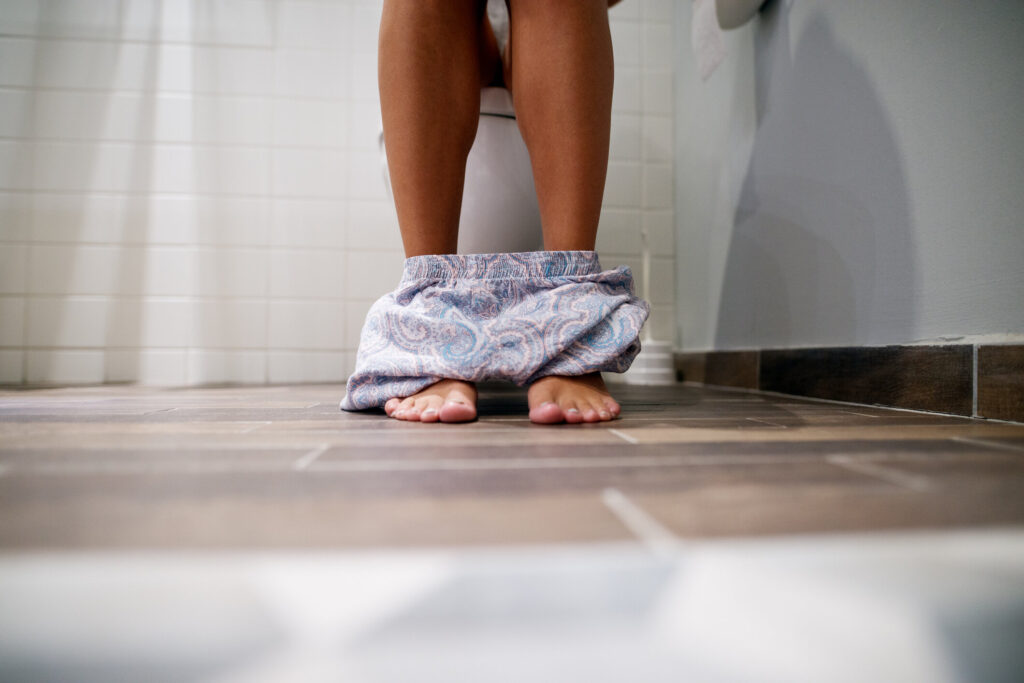
About 1 in 10 women report fecal incontinence (having bowel movements (poop) when they don’t plan for it to happen) during and/or after pregnancy. The sphincter is the muscle in our bottoms that controls the opening of the anus. It is estimated that between 13-25% of women experiences the inability to control their bowels or ability to hold in their gas after childbirth (known as obstetric anal sphincter injuries – OASIS). Most fecal incontinence gets better in postpartum women by 3-6 months after birth, but for others this can last two years or more without treatment.
Risk factors for fecal incontinence include being older, vaginal delivery especially with forceps, longer second stage of labor (pushing), and pelvic floor injuries during childbirth including episiotomy. For some women, health care providers will identify the need for sphincter repair immediately after delivery. Other pelvic floor injuries that happen during childbirth may not be detected until later.
Things to do that might help:
- Be kind to yourself and your body. Fecal incontinence is common!
- Eat a fiber-rich diet, drink plenty of water, and consider using a stool softener (ask your health care provider or pharmacist). Doing these things following childbirth can minimize constipation and straining which allows for better pelvic floor healing. Gentle exercise such as stretching and walks can also help keep your bowel movements healthy.
- Kegels!
- Talk to your health care provider – do not be ashamed. If fecal incontinence or any aspect of your life is bothering you, it is really important for you to share that with those who can support you. In this case, a referral to a urogynecologist could be very helpful – and the sooner the better.
- Some women may benefit from surgery to repair problems with their sphincter.
Resources to Explore:



